8 Foods GI Doctors Avoid at All Costs And 9 They Only Eat in Moderation

When your job is literally digesting the science of digestion, you learn quickly which foods help your gut—and which ones cause chaos. Gastroenterologists know the stomach inside and out, and while they’re not all food police, many are extra cautious with foods that mess with digestion, inflame the gut, or wreak havoc on your microbiome. Here are 8 foods GI doctors tend to steer clear of completely, and 9 more they’ll only enjoy in careful moderation.
1. Processed Meats

Processed meats, such as bacon, sausage, and deli cuts, are often loaded with preservatives like nitrates. These substances have been linked to an increased risk of colorectal cancer and inflammation. Gastroenterologists steer clear of these meats to maintain their gut health.
Many processed meats contain high levels of saturated fats and sodium, which can lead to heart and digestive issues. The combination of these factors makes processed meats a top avoidance.
Interestingly, some studies suggest that frequent consumption can disrupt gut bacteria balance, further emphasizing the need for caution. Avoidance is key for optimal digestive health.
2. Artificial Sweeteners

Artificial sweeteners, particularly sorbitol and sucralose, are common in sugar-free gum and diet products. While they offer a sweet taste without calories, they can cause bloating, gas, and diarrhea. This is especially true for sensitive digestive systems.
These sweeteners trick the body, disrupting normal digestion processes. The result is often discomfort and digestive distress. Some people may even experience severe reactions to these additives.
They’re notorious for causing gastrointestinal upsets, leading GI doctors to recommend avoiding them. Choosing natural sweeteners or reducing consumption is advised for digestive peace.
3. Greasy Fast Food

Greasy fast food is a staple for many, but its high-fat content can slow digestion and trigger various digestive problems. Acid reflux, bloating, and gallbladder flare-ups are common complaints.
These foods are often deep-fried and laden with unhealthy oils, making them tough on the stomach. The rich flavors may be tempting, but the aftermath is usually discomfort.
Choosing to avoid these meals can lead to better digestive health and overall well-being. Gastroenterologists suggest opting for healthier, homemade alternatives to satisfy cravings without the negative effects.
4. Microwave Popcorn with Artificial Butter

Microwave popcorn, especially those with artificial butter flavor, is a quick snack that comes with hidden risks. These products can contain trans fats and chemicals that irritate the digestive tract lining.
The convenience of microwaveable options is often overshadowed by health concerns. Some additives used in these products are linked to long-term gut health issues.
Gastroenterologists warn against frequent consumption, suggesting natural popcorn with minimal additives as a safer choice. Awareness of ingredient lists can aid in making healthier snacking decisions.
5. Carbonated Energy Drinks
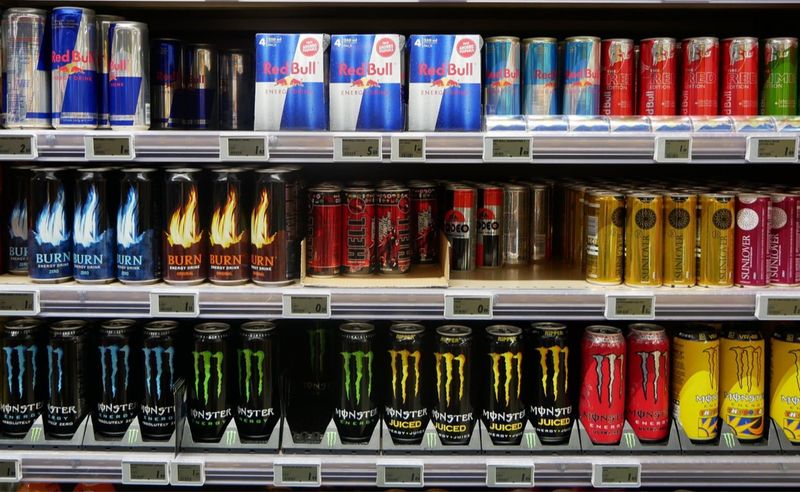
Carbonated energy drinks are a popular choice for a quick energy boost, but they are a recipe for digestive distress. The carbonation, sugar alcohols, and caffeine present create a bloating trifecta, especially troublesome for IBS sufferers.
The combination of these ingredients can lead to uncomfortable bloating and gas. Gastroenterologists often advise against these beverages due to their disruptive nature.
For those seeking energy, there are healthier alternatives available that provide a boost without the digestive side effects. Water, herbal teas, or natural juices are recommended options.
6. Highly Spiced Packaged Snacks
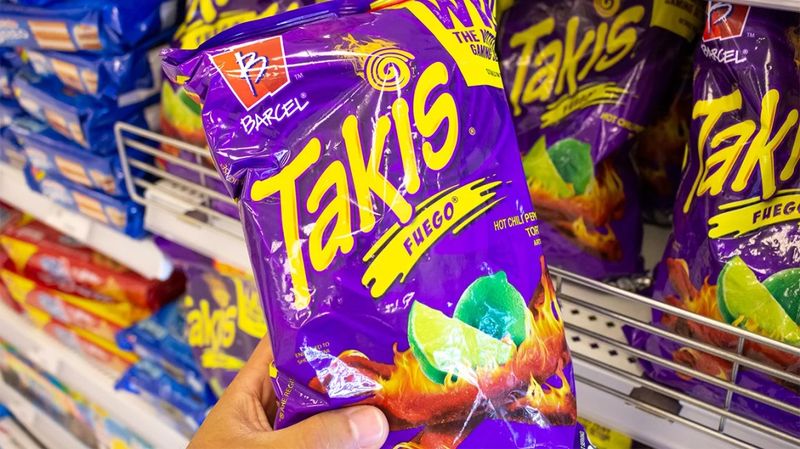
Highly spiced packaged snacks are a flavorful temptation but come with digestive warnings. The excessive spice can damage the esophagus and exacerbate reflux or stomach lining irritation.
Gastroenterologists caution against these snacks due to their potential to worsen existing digestive conditions. The intense flavors are alluring, yet they often lead to discomfort.
Choosing milder snacks or homemade options with controlled spice levels can mitigate these risks and lead to a more harmonious digestive experience. Moderation is key when indulging in spicy treats.
7. Margarine and Hydrogenated Oils

Margarine and hydrogenated oils are common in many households but are best avoided for a healthy digestive system. These products contain trans fats, which are not only detrimental to heart health but also tough on digestion.
The alteration of gut bacteria that may occur with regular consumption of these fats can lead to long-term digestive issues. Gastroenterologists recommend steering clear of these unhealthy oils.
Opting for natural oils, like olive or coconut, can provide a healthier alternative with beneficial effects on digestion and overall health. Small changes can lead to significant benefits.
8. Raw Oysters or Undercooked Shellfish
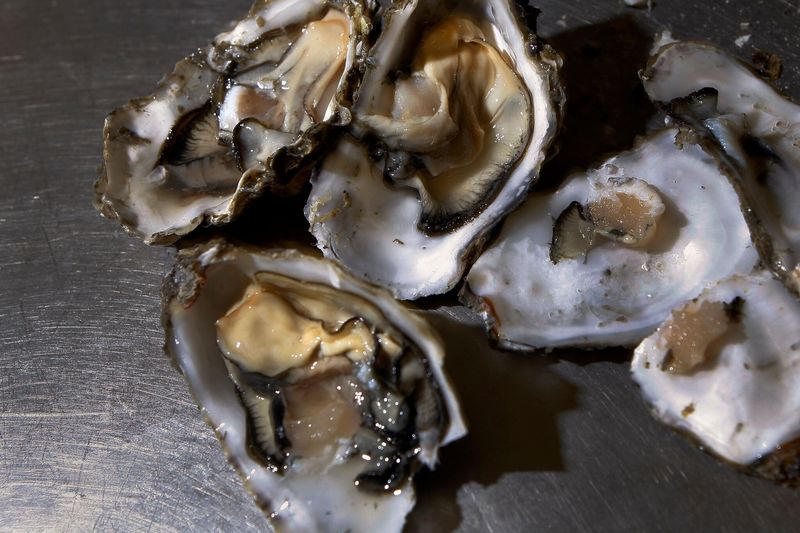
Raw oysters or undercooked shellfish are delicacies that come with significant risks. Even minor cases of food poisoning from these can have long-term impacts on gut health.
Gastroenterologists often recommend avoiding these foods entirely to prevent serious digestive complications. The allure of these seafood delights is overshadowed by the potential for bacterial infections.
Choosing cooked or well-prepared seafood options can satisfy cravings safely. The risks involved with raw shellfish make them a high-stakes choice for those with sensitive digestive systems.
9. Red Meat
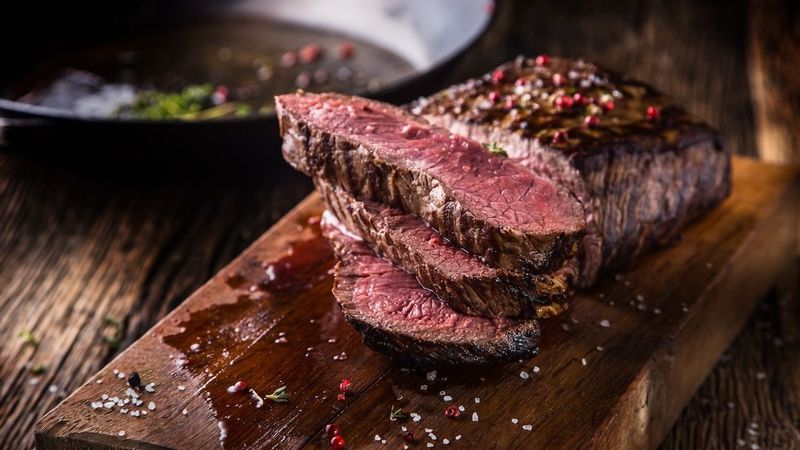
Red meat is not entirely off the table for GI doctors but is consumed sparingly. Its high intake is associated with colorectal cancer risks and contains harder-to-digest fats.
Many choose to limit their consumption to maintain a healthy digestive balance. The rich flavors are tempting, but moderation aids in reducing potential harm.
Alternative protein sources like fish and poultry are often preferred for their digestibility. Balancing red meat with vegetables and grains can create a more gut-friendly meal plan.
10. Dairy Products
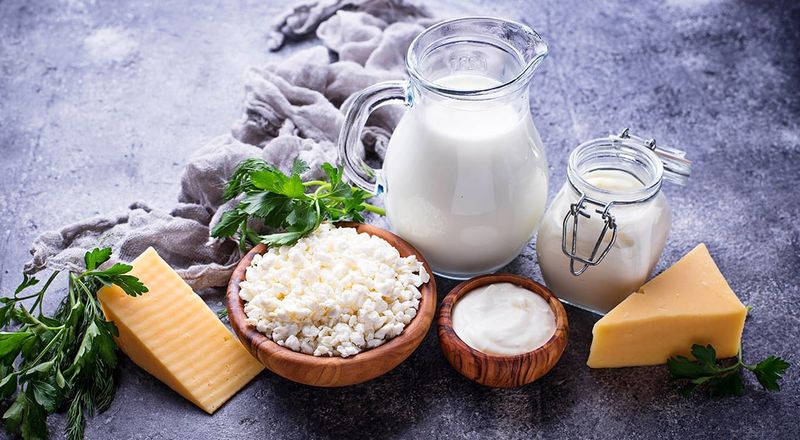
Dairy products, including milk and ice cream, are enjoyed but often in limited amounts by GI doctors. Full-fat dairy can cause bloating, cramping, or mucus buildup, particularly in those with mild lactose intolerance.
For those with sensitive systems, choosing lactose-free or low-fat options can alleviate discomfort. The creamy textures and flavors are delightful but can lead to digestive disturbances.
Balancing dairy intake with other calcium sources ensures nutritional needs are met without compromising gut health. Awareness and moderation are essential for a comfortable digestive experience.
11. Alcohol

Alcohol, particularly red wine, has some heart health benefits but requires careful moderation for digestive well-being. Excessive consumption can damage gut lining, worsen reflux, and disrupt the microbiome.
Gastroenterologists stress the importance of limiting alcohol intake to protect digestive health. Enjoying a glass in moderation can be part of a balanced lifestyle.
Alternatives like non-alcoholic beverages or herbal teas can offer a similar sense of relaxation without the negative digestive effects. It’s all about finding balance and maintaining a healthy gut.
12. Fried Foods

Fried foods, with their crispy coating, are a delight but can slow digestion and cause bloating. Gastroenterologists often attribute indigestion to these indulgences.
The rich flavors and textures are appealing, yet they come with digestive consequences. Consuming fried foods in moderation can mitigate these effects.
Healthier cooking methods like baking or grilling provide similar satisfaction without the digestive discomfort. Awareness of consumption frequency can lead to better digestive health and overall well-being.
13. Coffee
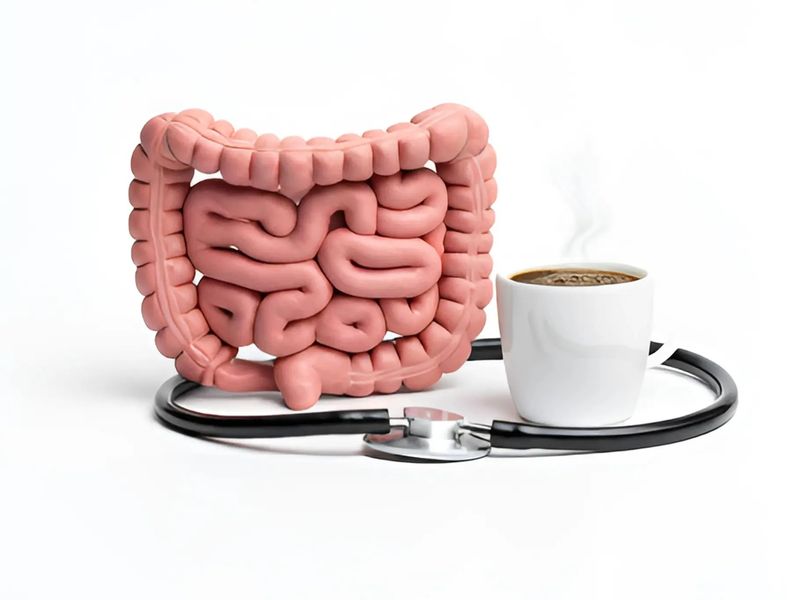
Coffee is a beloved beverage, even among GI doctors, but its consumption is often controlled. Excess caffeine can irritate the gut, cause acid reflux, or disrupt regularity.
Moderation is key to enjoying coffee without the digestive drawbacks. The aromatic brew is tempting but requires mindful consumption.
Alternatives like herbal teas or decaffeinated options can offer a similar sense of comfort without the negative effects. Finding the right balance helps maintain a healthy digestive system.
14. Beans
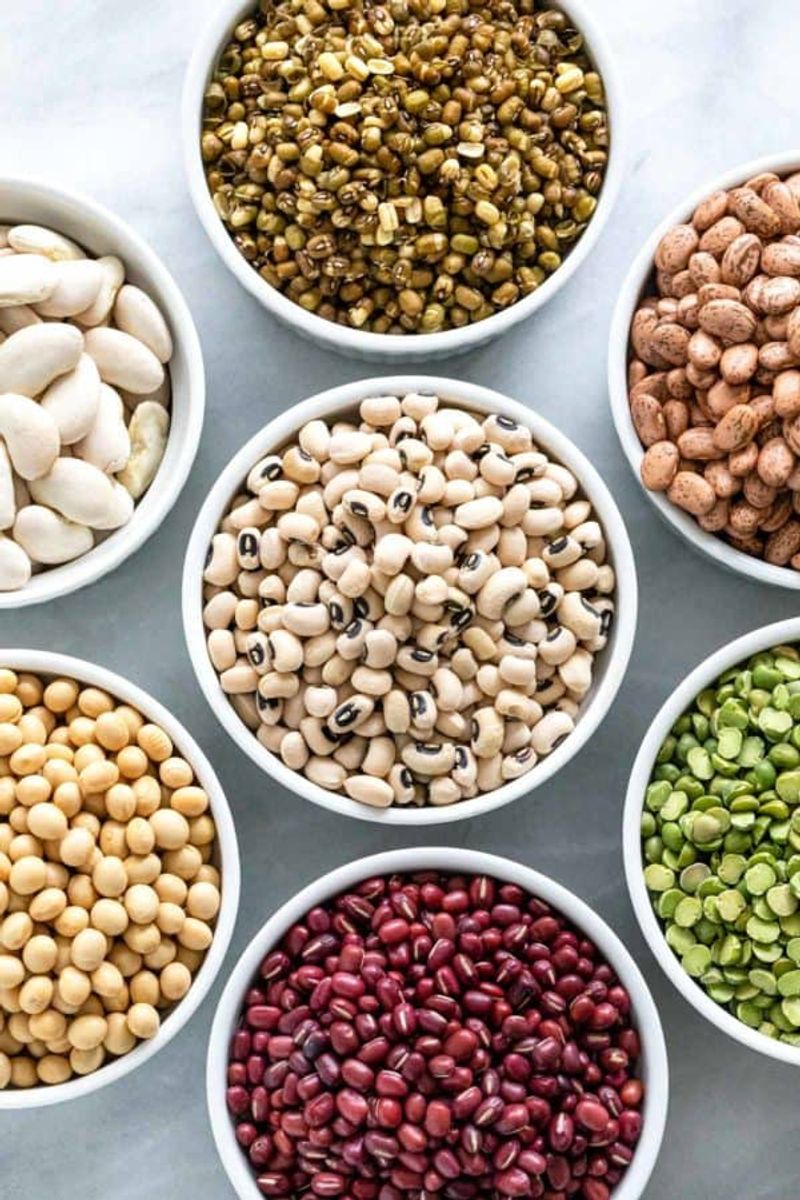
Beans are rich in fiber but notorious for producing gas. GI doctors appreciate their nutritional benefits but portion them wisely to avoid discomfort.
The gas-producing compounds can be challenging for those with sensitive stomachs. Proper preparation and controlled consumption enhance their digestibility.
Incorporating beans into a balanced diet can provide essential nutrients without overwhelming the digestive system. Soaking and cooking beans thoroughly can help reduce their gas-inducing effects, making them a more comfortable choice.
15. Cruciferous Vegetables
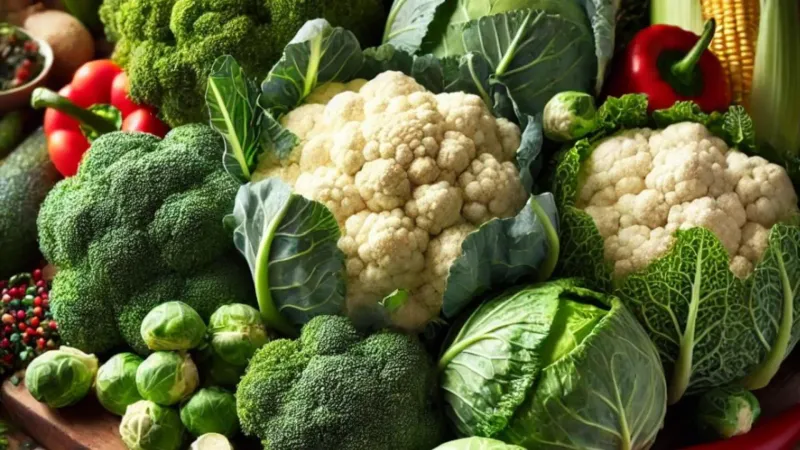
Cruciferous vegetables, such as broccoli, cabbage, and cauliflower, are known for their health benefits but can cause bloating. Gastroenterologists suggest steaming these veggies to reduce gas-producing compounds.
The nutrient-rich nature of these vegetables makes them a valuable part of a diet, despite their potential to cause discomfort. Careful preparation helps ensure a more pleasant digestive experience.
Balancing their intake with other foods can mitigate bloating and enhance dietary enjoyment. Their health benefits make them worth including in moderation.
16. Chocolate

Chocolate is a treat that many enjoy, but high amounts of sugar and fat in some types can trigger acid reflux. Gastroenterologists recommend occasional indulgence to minimize digestive issues.
The rich and sweet flavors are tempting, yet moderation is crucial for maintaining digestive health. Opting for dark chocolate with lower sugar content can be a more stomach-friendly choice.
Balancing chocolate consumption with other healthier treats ensures enjoyment without discomfort. Finding the right chocolate type and portion can enhance satisfaction without negative effects.
17. Gluten-Containing Foods
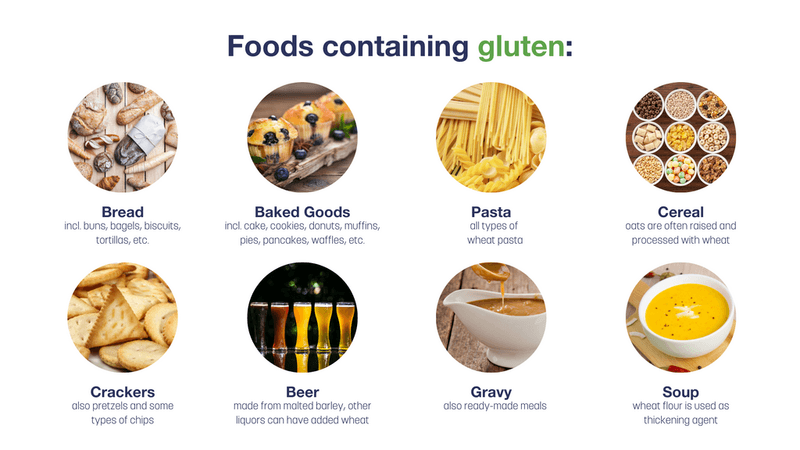
Gluten-containing foods, such as bread and pastries, are generally safe unless there’s a sensitivity. GI doctors usually don’t avoid gluten entirely but limit refined options.
For those with celiac disease or gluten sensitivity, careful selection is essential to avoid digestive disturbances. The fluffy textures and flavors are appealing but require mindful consumption.
Choosing whole grain alternatives can provide similar satisfaction with added nutritional benefits. Awareness of personal tolerance levels aids in maintaining digestive comfort and overall health.
